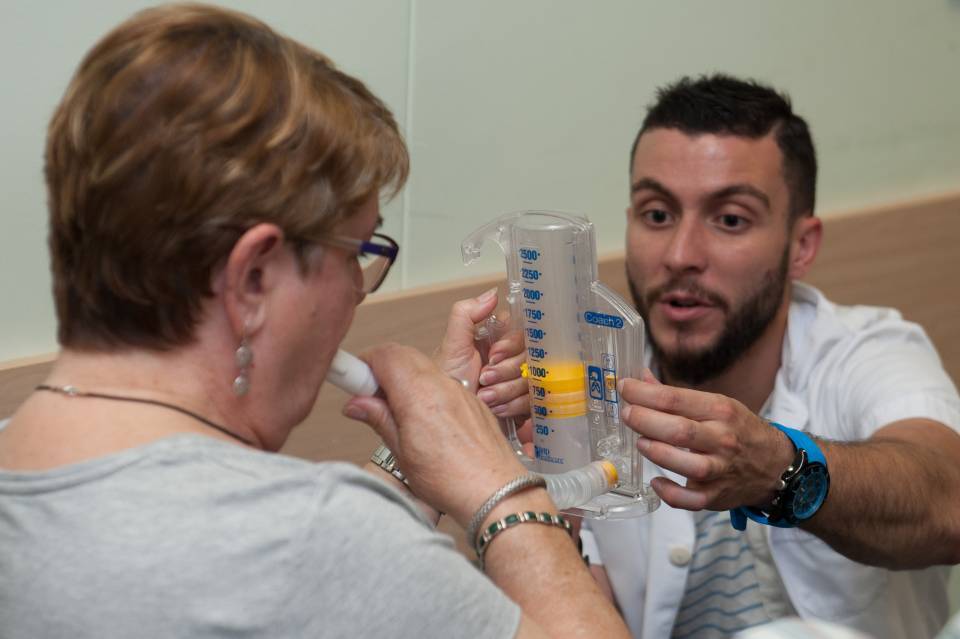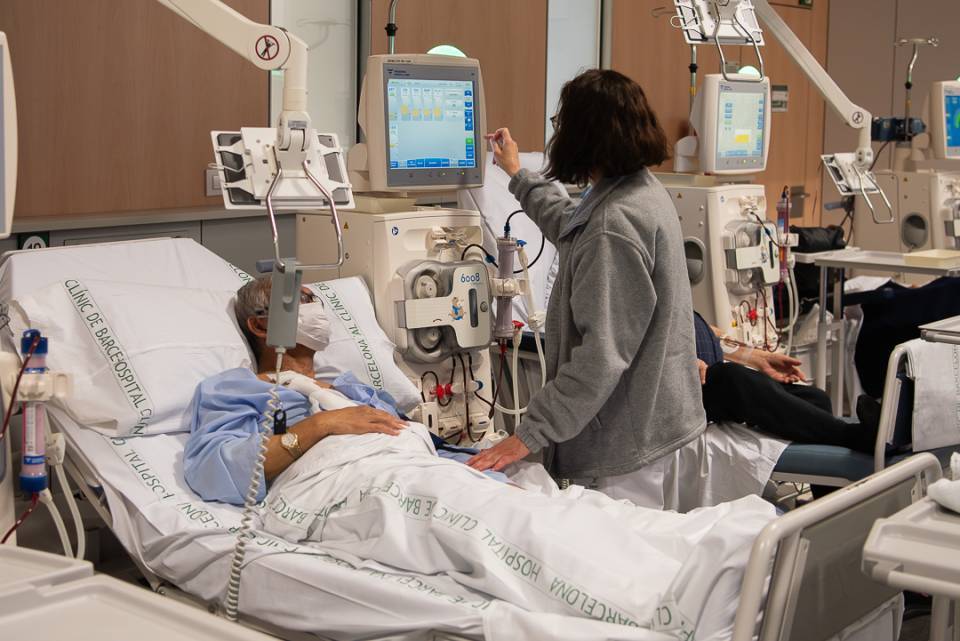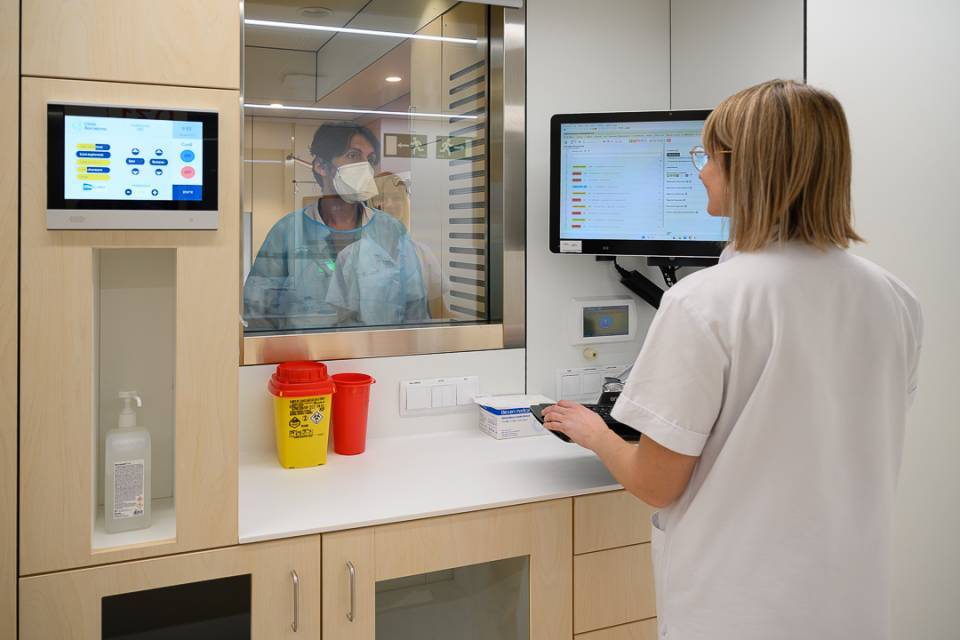Conventional treatment for patients with COPD is fairly uniform and based on the administration of long-acting bronchodilators, known by the acronyms LAMA, LABA and ICS (inhaled corticosteroids). Two main premises need to be satisfied to administer an optimal pharmacological treatment. First, treatment should be personalised and prescribed according to the severity of the symptoms, the risk of exacerbations and the patient's preferences and response. Secondly, it is important that the treatment be staggered, that is, before associating different treatments, the patient's therapeutic adherence, inhalation technique and their adaptation to the inhalation device should be assessed.
To meet this objective, the Pharmacy and Therapeutics Commission at the Hospital Clínic de Barcelona, proposes a new protocol developed in collaboration with professionals from different specialities such as Pharmacology, Pulmonology or Internal Medicine. It is based on recommendations from the GOLD 2019 global strategy and the 2017 Spanish COPD Guidelines (GesEPOC). Its objective is to rationalise therapeutic escalation in these patients by introducing effectiveness, tolerability and efficiency criteria.
The new protocol is based on two main criteria that establish the best treatment options for each patient. It evaluates the risk of exacerbations (episodes in which the disease is aggravated) of the person with COPD. It always uses the simplest possible inhalation devices; if several are used, it ensures that they are as similar as possible. Furthermore, the patient's inhalation technique must be supervised closely.
The purpose of this new protocol, created to improve treatment of this disease, is to satisfy objectives such as reducing the adverse effects emerging from the unnecessary use of multiple therapies, reducing the frequency and severity of exacerbations and improving patients’ quality of life.




